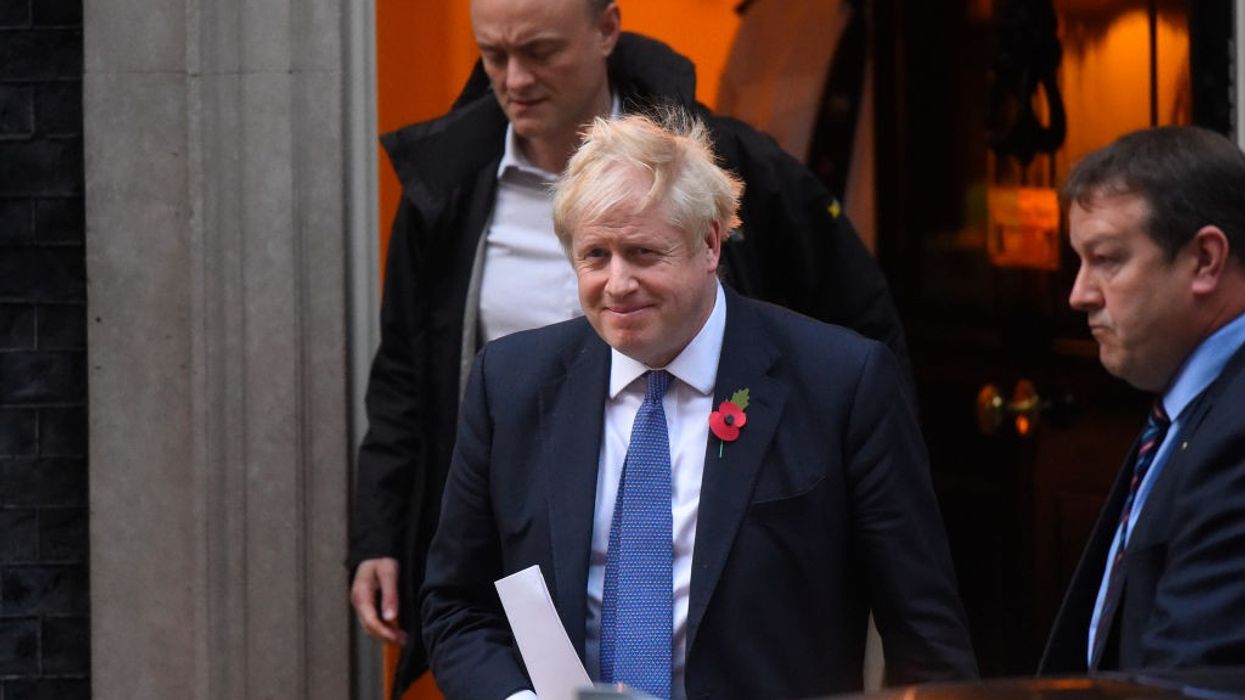FORMER prime minister Boris Johnson asked the government's top scientific advisors early in the pandemic if a "special hairdryer" could be used against Covid, it emerged this week.
As the virus began to spread worldwide in March 2020, Johnson shared with officials a YouTube video of the dryer being used "to kill Covid", according to his former top aide Dominic Cummings.
The former-British leader wanted Chris Whitty, England's chief medical officer, and Patrick Vallance, its chief scientific advisor, to give their opinions about it, Cummings claimed in a statement submitted to a public inquiry into Covid.
It is examining the UK government's performance dealing with the virus, which led to nearly 130,000 fatalities being recorded in Britain by mid-July 2021.
The toll is one of the worst official Covid-19 death counts in the world.
Cummings, who quit Johnson's government in late 2020 after falling out with him, has used his 115-page witness statement and in-person testimony to assail his former boss's handling of the crisis.
"A low point was when he circulated a video of a guy blowing a special hairdryer up his nose 'to kill Covid' and asked the CSA and CMO what they thought," the former aide stated, referring to Whitty and Vallance.
AFP FactCheck debunked the claim about hair dryers and saunas killing coronavirus on March 19, 2020.
Cummings also claimed Johnson was "extremely distracted" when the virus first hit Britain, due to various personal and political matters.
"He had a divorce to finalise and was grappling with financial problems from that," he wrote.
"An ex-girlfriend was making accusations about him in the media. His current girlfriend wanted to finalise the announcement of their engagement.
"He said he wanted to work on his Shakespeare book," Cummings added.
The inquiry, chaired by a retired senior judge, is to interview Johnson and current prime minister Rishi Sunak, who was finance minister during the pandemic, later this year.
Johnson was ousted last year by Tory MPs after a string of scandals, including the so-called "Partygate" controversy around lockdown-breaching parties in Downing Street.
He quit as an MP in June after lawmakers found he had deliberately misled them about the affair.
Cummings has also faced criticism, in particular for abusive language revealed in text messages from the time and his part in a "toxic" culture atop the government.
"The dominant culture was macho and heroic," Helen MacNamara, who was one of the country's highest ranking female officials, testified Wednesday.
"It was positively unhelpful when the country needed thoughtful and reflective decision-making."
(AFP)





